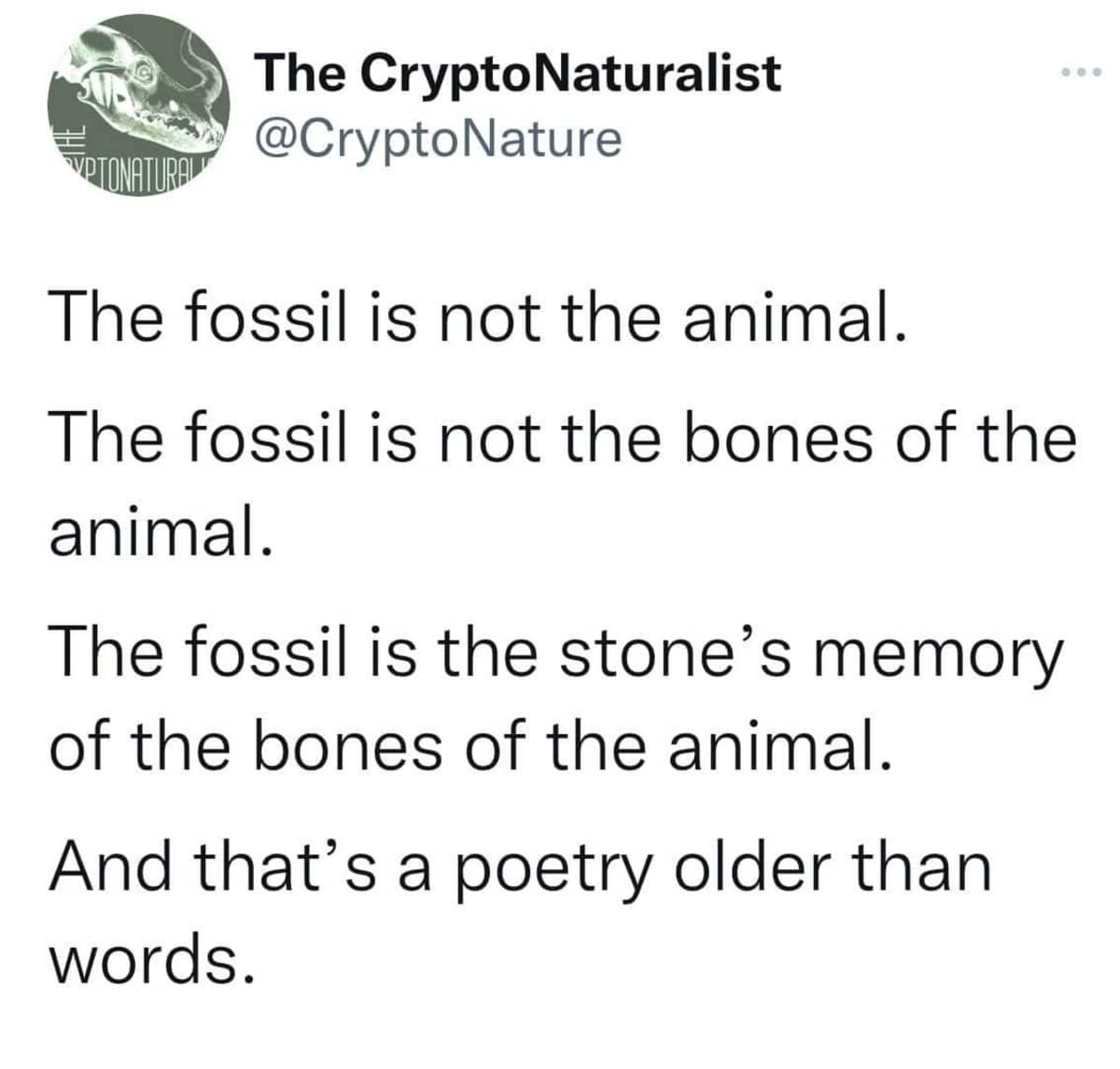this post was submitted on 19 May 2024
707 points (97.2% liked)
Science Memes
10264 readers
2795 users here now
Welcome to c/science_memes @ Mander.xyz!
A place for majestic STEMLORD peacocking, as well as memes about the realities of working in a lab.

Rules
- Don't throw mud. Behave like an intellectual and remember the human.
- Keep it rooted (on topic).
- No spam.
- Infographics welcome, get schooled.
Research Committee
Other Mander Communities
Science and Research
Biology and Life Sciences
- [email protected]
- [email protected]
- [email protected]
- [email protected]
- [email protected]
- [email protected]
- [email protected]
- [email protected]
- [email protected]
- [email protected]
- [email protected]
- [email protected]
- [email protected]
- [email protected]
- [email protected]
- [email protected]
- [email protected]
- [email protected]
- [email protected]
- [email protected]
- [email protected]
- [email protected]
- [email protected]
- [email protected]
- !reptiles and [email protected]
Physical Sciences
- [email protected]
- [email protected]
- [email protected]
- [email protected]
- [email protected]
- [email protected]
- [email protected]
- [email protected]
- [email protected]
Humanities and Social Sciences
Practical and Applied Sciences
- !exercise-and [email protected]
- [email protected]
- !self [email protected]
- [email protected]
- [email protected]
- [email protected]
Memes
Miscellaneous
founded 2 years ago
MODERATORS
you are viewing a single comment's thread
view the rest of the comments
view the rest of the comments

Okay I dont know much about dino categorization, but let's say: The category "dinosaur" is a sum of descriptions of objective properties of dinosaurs and their relation to other species' properties (idk, no milk, thus no mammal..). Those properties and relations existed as the dinosaur existed. So I would agree: to that extend the categories existed, without us.
Let's say the category "poetry" describes a relational phenomenon that occurs when a combination of words or an arrangement of things (sunset, fossils) sparks an aesthetic experience.
This is not just discovered and described by humans, but it can exclusively happen when humans are present. As with dinos: the category "poetry" didn' exist before us. The difference I'm all about: What the category describes also did't exist before humans. Yes, there were fossils, but they alone would have never evolved to be a part of poetry without humans, the way dinos were dinos without humans.
I think I understand your point of view, but I would argue that even an aesthetic category such as 'poetry' can exist without sentient beings to experience it. Ultimately the category is not defined by the things in it, but by the criteria that define what is in it, and so the category of 'poetry' is populated by everything that fits a definition along the lines of: combinations of words or arrangements of things that would spark an aesthetic experience, rather than things that do spark such an experience. This is necessary if we wish to include works that have been created, and which presumably do not generate precisely those feelings in the author, but which have not yet been experienced by others yet. I would suggest we should include such works from creation, rather than them suddenly becoming poetry when first experienced by an audience. If we use the latter definition, who creates the poety, the author or the first audience?